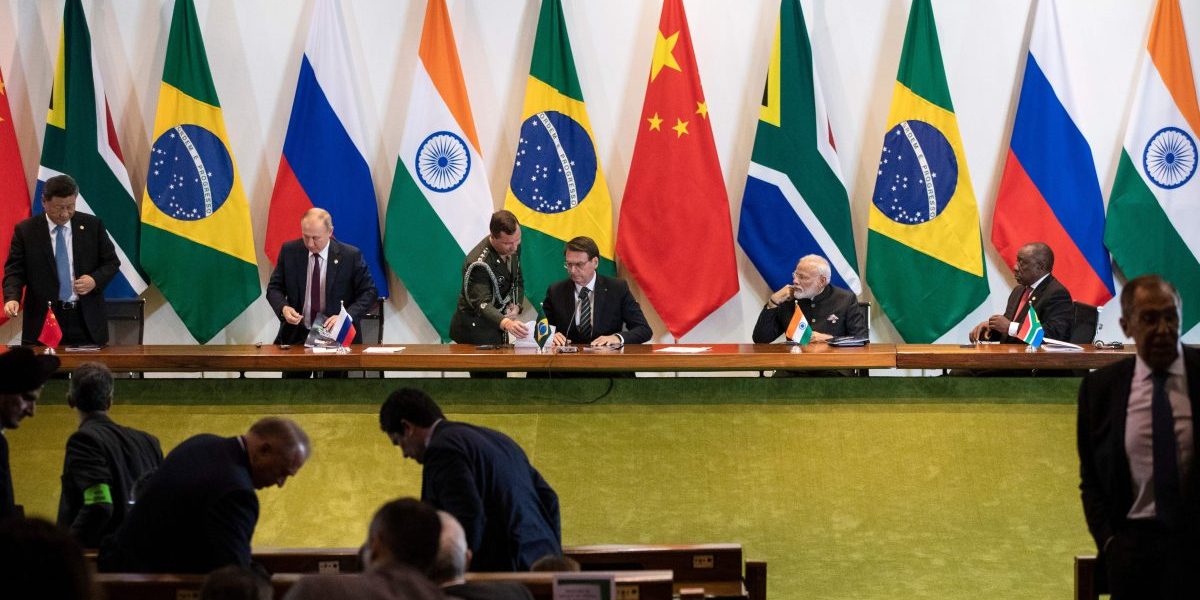More than ten years ago, BRICS – the informal group of states comprised of Brazil, Russia, India, China and South Africa – was established. As a diplomatic group, BRICS has done or spoken remarkably little on security issues in the past. Does a common posture on these issues exist?
In this discussion, Dr Malte Brosig along with other panellists (TBC) will explore BRICS countries’ positions on large-scale armed conflict. He will argue that through responding to armed conflict and deviating from preferred Western foreign policy, BRICS countries are actively involved in building a multipolar and post-Western world order.
Dr Brosig develops a concise typology of response types portraying a nuanced picture of the BRICS grouping. He will explain the selection of response types with reference to six input variables that refer to the proximity to war, availability of power resources, the type of conflict, economic interests, the BRICS normative agenda and global humanitarian norms. Four armed conflicts in Libya, Syria, South Sudan and Ukraine are chosen to illustrate the BRICS engagement with large-scale armed conflicts. Another key question hovering over this issue is: what is the significance of an aggressive ‘neo-imperialist’ Russia and a revisionist China for the other three countries?
Dr Malte Brosig is an Associate Professor in International Relations at the Department of International Relations at the University of the Witwatersrand in Johannesburg, South Africa. He joined the department in 2009 after he received his PhD from the University of Portsmouth. His main research interests are peace and security issues in Africa and Europe, international organisations, peacekeeping and rising powers such as BRICS.

